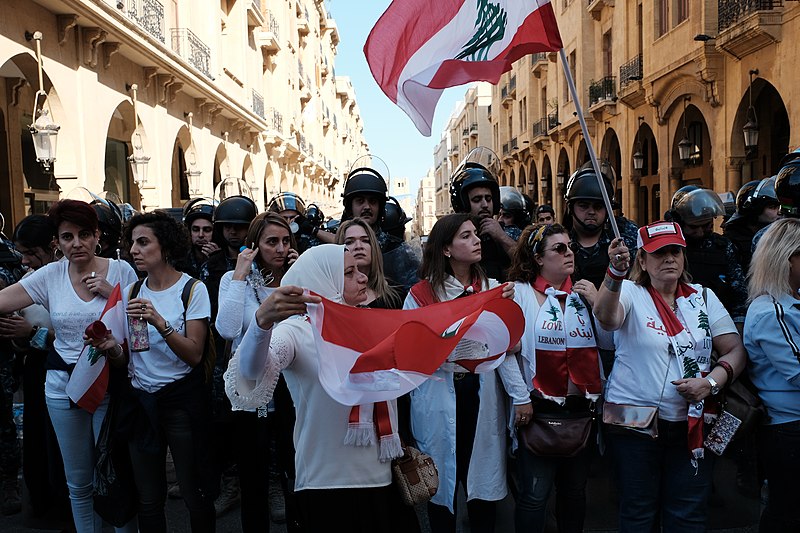NEWS
December 10, 2019

IN BRIEF
Shaazka Beyerle is a Senior Research Advisor in the Program on Nonviolent Action at the United States Institute of Peace and a Senior Advisor with ICNC. Here, she writes about what research conducted by her and her colleagues has revealed about the power of non-violent protest in social movements that have recognised the systemic nature of corruption and began demanding greater accountability from the system as a whole. 2019 is being called the year of protest. Citizens across the globe are galvanizing, in large part over the nexus of corruption, inequality, and a sense that governments and political elites are [...]
SHARE
Shaazka Beyerle is a Senior Research Advisor in the Program on Nonviolent Action at the United States Institute of Peace and a Senior Advisor with ICNC. Here, she writes about what research conducted by her and her colleagues has revealed about the power of non-violent protest in social movements that have recognised the systemic nature of corruption and began demanding greater accountability from the system as a whole.
2019 is being called the year of protest. Citizens across the globe are galvanizing, in large part over the nexus of corruption, inequality, and a sense that governments and political elites are unaccountable and unresponsive to their needs. “People are saying ‘pay attention to us, you are there to serve us,’” observed Nancy Lindborg, President of the United States Institute of Peace. This wave of people power shows that governments—whether they are democratic, semi-democratic, or authoritarian—are not immune to collective civic pressure.
We have witnessed the enormous achievements of the nonviolent Revolution of Smiles in Algeria and the Movement for Freedom and Change in Sudan, which unseated long-time brutal dictators, the latter involved in armed conflict. It’s no small feat to pressure prime ministers to resign, most recently in Lebanon and Iraq, two countries riddled with sectarian divisions. Other leaders are backtracking on price hikes and making concessions, including in Chile and Colombia. Protests are rattling authoritarian and backsliding governments in Egypt, Georgia, Poland, Russia, Zimbabwe, and beyond. They follow on the heels of social movements in 2018, including Armenia’s Velvet Revolution and Renuncia Ja (Resign Now) in Puerto Rico, organized campaigns for transparency, accountability, and good governance (TAGG) in Kenya, Nigeria, South Africa, and Ukraine, and large-scale demonstrations from Haiti to Guatemala, Israel, Jordan, Mongolia, Peru, and Romania.
But these outcomes have also come with grim costs. Some demonstrations have disintegrated into riots, marred by civilian looting, property destruction, and violence. Many hundreds of lives have been lost, particularly in Iraq and Iran, where security forces have used live ammunition to suppress dissent. Ongoing nonviolent struggles in Nicaragua and Venezuela have been facing lethal repression.
Read the full article here.
